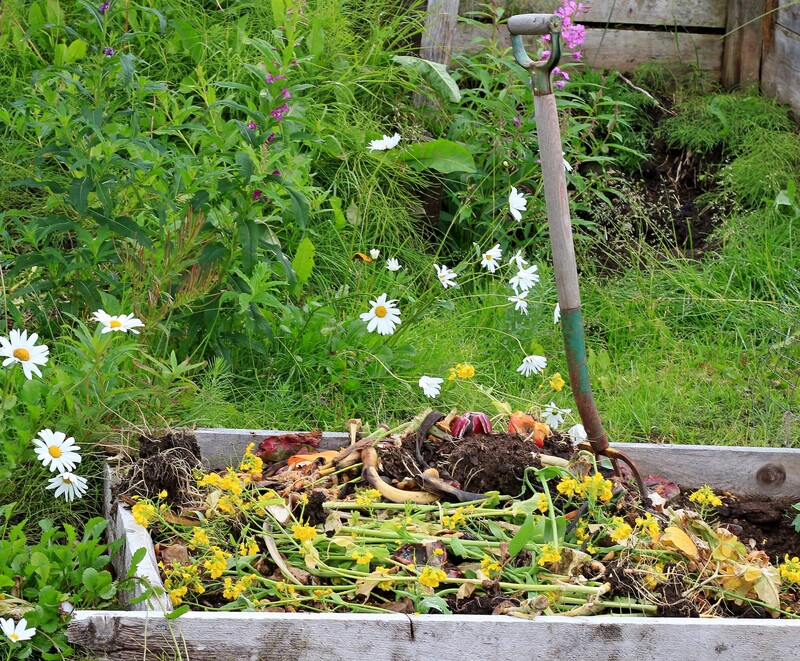How to Get Rid of Bulky Waste Items Without Overspending
Are you struggling to clear your home or property of large, unwanted items, but worried about spending too much? Bulky waste, such as mattresses, old furniture, broken appliances, and other oversized junk, can quickly create clutter and stress. Responsible and budget-friendly disposal is possible! Learn how to get rid of bulky waste items without overspending while protecting the environment and possibly even earning some extra cash.
Understanding Bulky Waste: What Qualifies?
Bulky waste refers to items not usually picked up through your regular trash collection due to their size or weight. Common examples include:
- Sofas and couches
- Mattresses and bed frames
- Dressers, wardrobes, tables, and chairs
- Large home or office appliances (refrigerators, freezers, ovens, washing machines)
- Carpets and rugs
- Garden furniture, barbecues, and lawnmowers
- Exercise equipment
- Old bicycles and children's toys
Because standard garbage removal services are often unequipped for these larger items, alternatives can save you money and hassle. Let's break down your budget-friendly choices.

Budget-Friendly Approaches to Bulky Waste Disposal
1. Utilize Free Local Collection Services
Did you know that some cities and towns offer free or low-cost bulky item pick-up days? These services are usually scheduled a few times per year. Check with your local council, waste authority, or sanitation department to determine:
- What items are accepted for free pick-up
- Collection schedule and restrictions
- How many items you can dispose of per appointment
Pro tip: Schedule your home clear-out around these dates for maximum savings!
2. Self-Haul to the Local Recycling or Waste Facility
Hauling your own bulky waste to a local landfill or recycling center is often cheaper than hiring a professional service. Some municipalities even have specific drop-off points for large household items. You may only pay a small fee (or none, if you're a resident) based on the quantity or weight of your waste. Bring proof of residency to benefit from local rates.
3. Donate Usable Items
Before tossing everything, consider if your bulky goods could be reused by others. Donation is a win-win--you declutter, avoid disposal costs, and help someone in need. Many charities and non-profits accept and sometimes collect furniture and large items for free if they are in sellable condition. Try:
- Goodwill
- The Salvation Army
- Habitat for Humanity ReStores
- Local shelters or community organizations
Contact each organization for their pick-up policies and accepted items.
4. Sell Bulky Waste Items for Extra Cash
If your items are still in good shape, why not try to sell them and offset your disposal costs? Use online platforms such as:
- Facebook Marketplace
- Craigslist
- OfferUp
- Letgo
- eBay (for specialty items)
Be honest in your descriptions and price items to sell quickly. You can even offer items for free ("curb alert") to attract takers and save on transportation costs.
5. Organize a Neighborhood Bulk Collection
Pooling resources with your neighbors can mean bulk rates and lower prices. Contact local waste haulers or dumpster rental companies to see if they offer group deals or community pick-up events. This approach is particularly useful for neighborhoods undergoing renovations or annual spring cleaning.
Eco-Friendly Approaches to Large Item Disposal
1. Recycling
Many bulky waste items are recyclable. Appliances, for instance, often contain metals and parts that can be processed and reused. Mattress recycling centers can strip and recycle foam, springs, and wood. Always:
- Check municipal recycling rules
- Research local specialty recyclers
- Use Earth911.com or similar databases to find facilities
2. Repurposing and Upcycling
Could you give old items a new lease on life? Repurposing large items--think turning an old ladder into a bookshelf or a wooden pallet into a garden bench--can save money and reduce landfill waste. Search Pinterest or DIY sites for creative upcycling ideas to minimize bulk waste disposal altogether!
3. Hazardous Bulk Items: Special Considerations
Some bulky waste (like refrigerators, freezers, or electronics) can contain hazardous materials. Responsible disposal is a must. Look out for:
- Municipal E-waste drop-off events
- Certified appliance recycling programs
- Return and recycle programs from manufacturers or retailers
Improperly disposing of these items is not only bad for the environment but may also carry legal penalties and extra costs.
When to Consider Professional Junk Removal Services
Sometimes, DIY disposal isn't feasible--especially if you lack a vehicle, are short on time, or are dealing with many items. Professional junk removal companies offer door-to-door removal. To save money:
- Get quotes from multiple providers
- Only use full-service removal for items you can't remove yourself
- Ask about specials for first-time customers, seniors, or bulk loads
- Prepare items in advance (disassemble furniture, bring objects to the curb)
Tip: Leave the smallest possible volume for pick-up. The less space your junk takes in the truck, the lower the price you'll pay.
Flat-Rate vs. Volume-Based Pricing
Some haulers charge by truckload volume, while others offer flat-rate prices for certain items (like mattresses or refrigerators). Always ask:
- Exactly what's included in the quoted price
- If there are additional fees for heavy or hazardous items
- If disposal or landfill fees are included
Frequently Asked Questions About Cheap Bulky Waste Disposal
Can I Leave Large Items on the Curb for Trash Day?
Not always. Most trash collection agencies require advance notice or only allow bulky item pick-up on specified days. Unscheduled curbside dumping can result in fines. Always check your local regulations before putting items out for collection.
Are There Free Ways to Get Rid of Bulky Junk?
Yes! Many communities offer annual free pick-up events. Charities may accept and collect donations at no charge. Offering items online for free removal can also be effective.
What is the Cheapest Way to Dispose of Bulky Waste?
Self-hauling or using free municipal services are usually the lowest-cost options. Donation and selling are not only cheap but can even be profitable.

Bulky Item Disposal: Hidden Costs to Avoid
Don't let your budget-friendly project get derailed by unexpected fees. Watch out for:
- Extra charges for hazardous items (electronics, appliances)
- Weight overages if using a dumpster or dump site
- Minimum service fees for professional junk haulers
- Fines for illegal dumping or improper disposal
Plan Ahead to Save More
If you anticipate needing bulky waste removal soon--such as for a move, renovation, or downsizing--plan ahead. Schedule pick-ups during free events, arrange donations in advance, and borrow a suitable vehicle or trailer from friends or neighbors, if possible. The more organized your approach, the less likely you are to overspend.
Conclusion: Declutter Without Breaking the Bank
There are plenty of ways to get rid of bulky waste items without overspending. Combine free local services, recycling options, charitable donations, and community resources to keep costs low. Remember to check your city's specific rules for large item disposal and always ask about hidden charges before booking a professional service.
- Check local free pick-up programs first
- Consider selling or donating usable items
- Cost-share disposal with neighbors
- Recycle whenever possible
- Get multiple quotes from professional services if needed
With a little research and organization, you can keep your space clear and your wallet happy. Start decluttering today--the budget-friendly way!